Mozambique: Minister warns against arrogance among health workers - Watch
Government slowly taking control of independent community radio – Hanlon
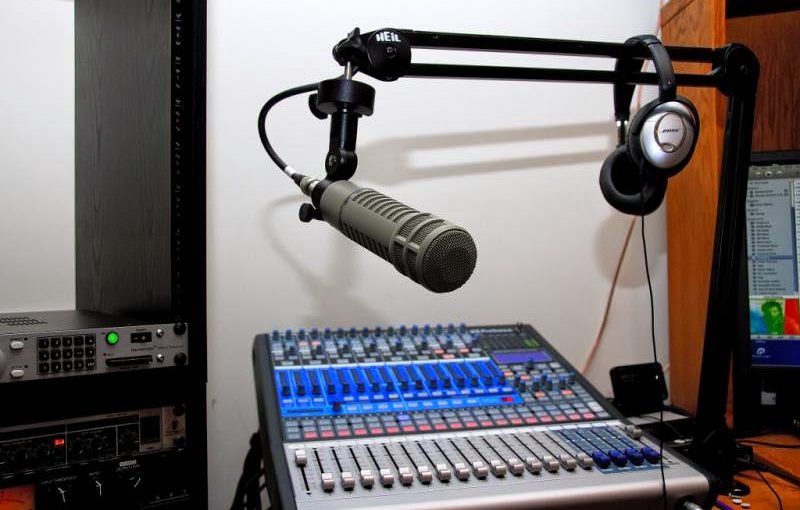
in file CoM
Funding for Independent community radio stations has dried up, and they are losing their editorial and financial independence as the government offers money to repair equipment and to pay salaries. The take-over is already happening in some areas, and will have an impact on coverage of the October elections.
There are about 140 community radio stations in district capitals and they can be heard up to 70 km away from the capitals, according to the Community Information Support Centre (Centro de Apoio a Informacao e Comunicacao Comunitaria – CAICC). Transmission is in local languages and Portuguese and they have built a large audience and have become an importance source of information outside the provincial capitals.
There are three groups of community radios. The Community Radio Forum (Forum das Radios Comunitarias – Forcom) has 50 independent radio stations as members. They were established and funded by donors, often via NGOs. But radio has fallen out of fashion with donors who no longer fund these stations, and they cannot survive on local funding – in part because the donated equipment is expensive to maintain.
The government’s Social Communications Institute (Instituto de Comunicacao Social – ICS) has about 60 community radio stations. Finally there is a smaller group of community radio stations that are part of local multimedia centres (Centros Multimedia Comunitarios – CMC) which include radio and TV and are part of the Ministry of Science and Technology.
A 2013 study of community radios in Mozambique is on https://www.researchgate.net/publication/237025716_Centros_Multimedia_Comunitarios_em_Mocambique_um_mapa
Forcom and ICS see the role of community radio differently. Forcom and the original donors wanted to create independent, locally controlled radio stations which served the community and did local investigations. But ICS sees local radio as part of the government information services, providing information, promoting government programmes, and not criticising the local administration.
But lack of funding makes Forcom stations vulnerable. In Gaza three community radios, in Mandlakazi, Massangena and Chicualacuala, on 31 August will become part of ICS, following a decision of the governor.
Radio Comunitaria de Catandica, Manica, belongs to a local association, Associacao Cultural Factos de Barue, but has often been in conflict with municipal and provincial government for broadcasting information not following the government line. In January this year the radio station was taken over by the Barue district government with an official from the Catandica municipality as manager. The new policy is that the radio is in close collaboration with local government institutions such as education, and including the local election technical secretariat (Secretariado Tecnico de Administracao Eleitoral – STAE).
During the registration period this bulletin produced a series of 5 minute radio programmes in Portuguese and five local languages about the registration process which were transmitted by most Forcom stations, but ICS would not let its radio stations transmit our programmes.
Many of our correspondents are community radio journalists, but in Zambezia, Inhambane and Gaza ICS journalists are prohibited from being correspondents for this bulletin.
Thus the decline of independent radio stations will have a direct affect on election reporting.
By Joseph Hanlon


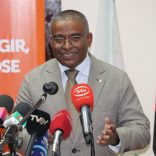

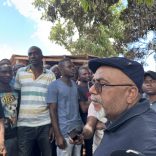
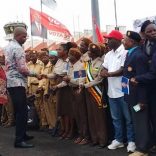
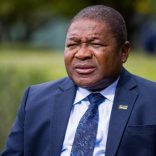





Leave a Reply
Be the First to Comment!
You must be logged in to post a comment.
You must be logged in to post a comment.